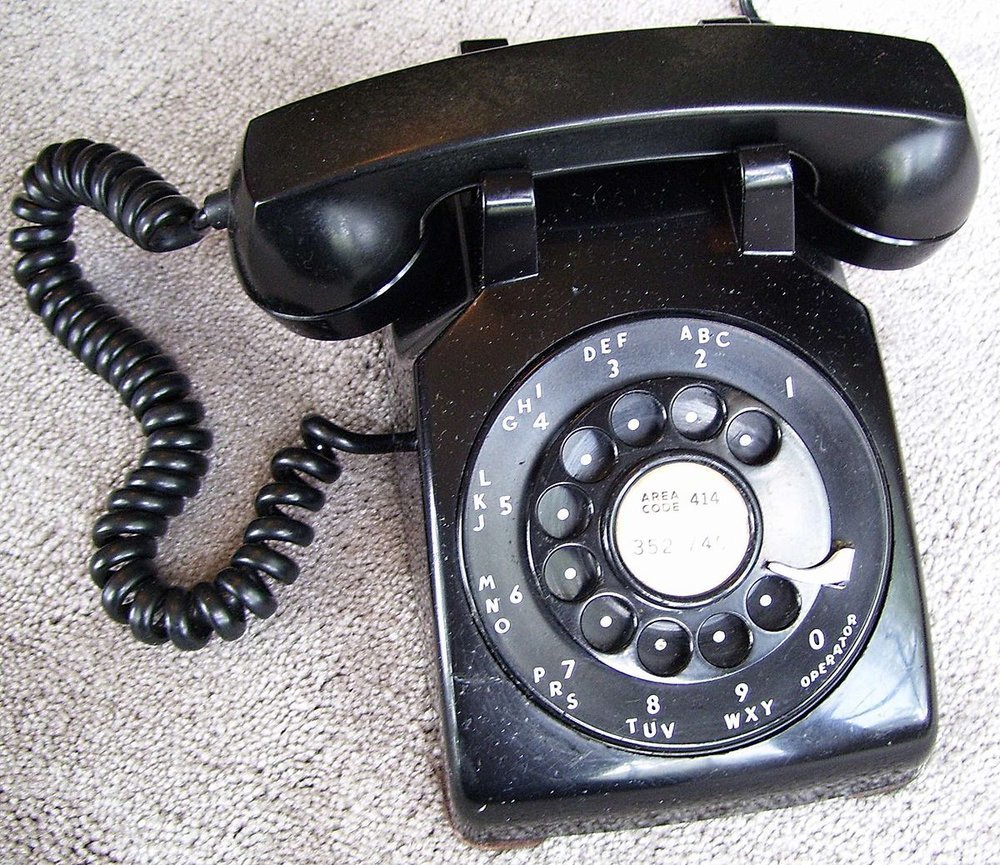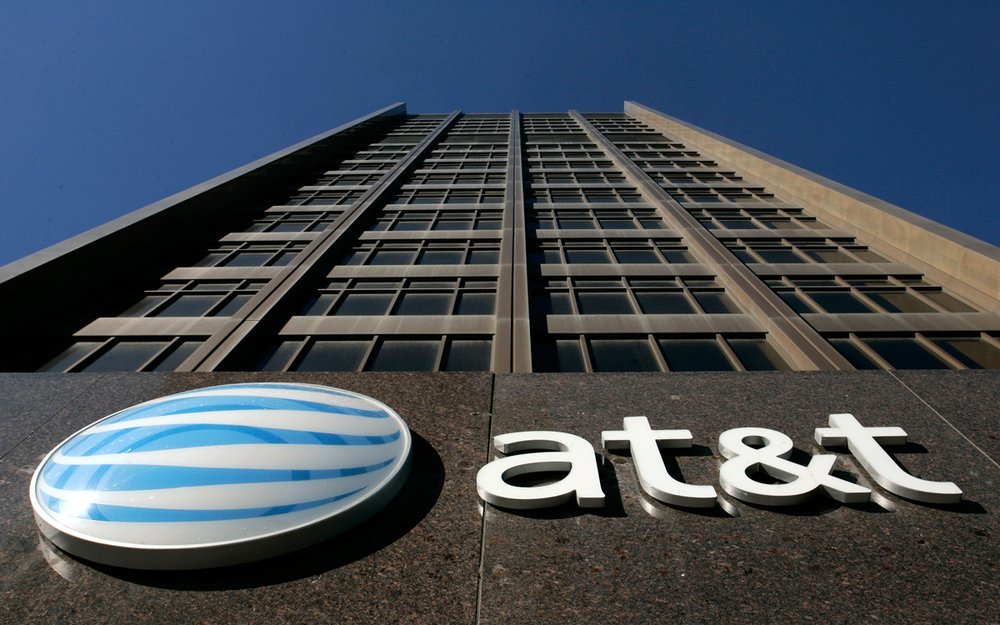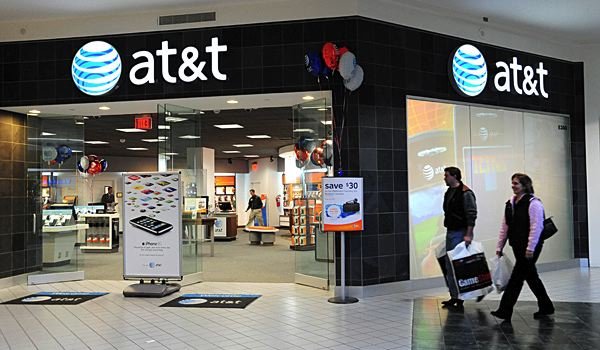
AT & T Pulls Through Despite what It Faced With the Government


AT & T, after being split up in 1984, has finally been able to rise back as a giant in all sphere of the communication industry
Do you know that AT & T is an ancient tech empire that dominated the telecommunication industry for a more significant portion of the 20th century? Yes, it did. The company was so big that in 1984 the government decided to split it into eight parts in order to keep it under control. Back then, the company went with the name Bell System, or Ma Bell as it was popularly known.
Now, after many years, the company has found a way to incorporate all parts of its split self and even added more cable suppliers and cellular carriers into its holdings. Thereby, defeating the move by the government decades ago. To find out how it was able to pull through despite the uncertainties that plagued the technology industry, a media house carried out an interview in February.

AT & T is now more than twice its size after coming together with a huge satellite Cable Provider and Cellular Network under its brand
A TOO Vast Empire
Back in the 20th century, AT & T monopolized the phone industry and was the most expected hardware and communication service in homes and offices. And though it broke apart in the late 90s to give other companies the chance to rise and even the competition, it has found a way to double in size and to incorporate more communication services to its name; which mind you, do thrive well in the tech world.
Richard R. John, a professor in Columbia who handles Communication and History in the university, and who wrote the Telephone History of America, expressed how the 1984 breakup wasn’t the first time the company was threatened with lawsuits by regulators or the government. In fact, the first major attack it absorbed was witnessed in 1907, when an antitrust suit was filed against the firm.
The firm, to avoid the government stepping into the case and taking over the rings of the company, decided to settle the lawsuit issue in 1913, and furthermore, made some severe agreements. First, it had to let go of some of its companies: Western Union, and telegraphs. Secondly, it went further to resist the urge to buy out rivals at the local level, which gave a chance for competitors to rise.
As if that wasn’t enough, in 1956 another ordeal met the company’s progress: to keep the Western Electric; the conglomerate was forced by the Department of Justice in the US, to let go of the computer business sector which the firm was known to had eyed. This led the company to open its vaults and reveal its most priced invention: the transistor. Yes, thanks to the Bell System, the computer world was significantly improved.
But that is not where the pursuit of the government stopped. Though they government, under a consent agreement, left the Ma Bell’s telephone and manufacturing sectors run, the progress they met after 20 years of operating in that department of the tech world led the government to file another anti-trust suit against the organization, aiming to curtail it. This happened in 1974.
The company was only able to overcome the antitrust suit after eight years, but then the government came all out and broke it apart because apparently, it was “too big.”

How did They Recover?
Though Bell system gave up lots of its arms to secure the three core arms of its operation: the R&B labs arm for innovative ideas, the Western Electric manufacturing arm, and its long-distance arm on helping reach the world with its services; some of those companies still thrive. Some merged along the line to provide more cutting-edge services in the tech world. One of such firms is Verizon.
Along the line, even those arms which they tried to protect suffered as the pillars which held them ― the small operating firms― where no longer around to keep up the work. The lab was given out to Lucent when they could no longer support it; even the Western Electric suffered the same fate.
More firms under the Ma Bell RBOC absorbed each other, and in 2014, only four out of seven of these sub-companies remained. In order to revive the old company and reform it into an engine that can’t be strictly regulated by the government as before, Southern Bell bought AT & T in the year 2005 for $16 billion and utilized it as an engine to absorb other tech companies.
In the year 2006, the new AT & T bought Bellsouth, and in 2014 made a move to acquire T-Mobile, though the Obama government strictly prohibited that. Now, it is in the process of incorporating Time Warner for $85 billion and has already purchased DirectTv, which was accomplished in the year 2015.
More in Advisor
-
`
Celebrity Couples Who Have Ended Their Relationships in 2025
2025 has already seen its fair share of celebrity breakups, and the year is just getting started. From heartfelt announcements to...
February 6, 2025 -
`
How Trump’s Policies Will Reshape Artificial Intelligence in the U.S.
The United States witnessed a significant political shift as Donald Trump took the presidential oath once again. His return to the...
January 31, 2025 -
`
Millie Bobby Brown Shuts Down Age-Shamers with a Powerful Message
From the moment Millie Bobby Brown first appeared as Eleven in “Stranger Things,” she captured hearts worldwide. But growing up in...
January 25, 2025 -
`
Why Outsourcing Payroll Services Is a Smart Business Move
Managing payroll is no small task—it’s a crucial part of any business that ensures employees are paid accurately and on time....
January 15, 2025 -
`
These AI Stocks Should Be on the Watch List of Investors in 2025
The buzz around AI stocks is growing louder than ever. With artificial intelligence shaping industries like healthcare, finance, and tech, smart...
January 8, 2025 -
`
Why the Starbucks Workers Strike Is Expanding Across U.S. Cities
The Starbucks workers’ strike has gained significant momentum, with employees in more U.S. cities joining the movement to address unresolved issues...
January 2, 2025 -
`
Are Shawn Mendes and Camila Cabello Still Close After Breakup?
The connection between Shawn Mendes and Camila Cabello continues to intrigue fans worldwide. Their shared history, from chart-topping collaborations to a...
December 24, 2024 -
`
Here’s What It Takes to Become a Professional Physical Therapist
Physical therapy is a career that blends science, empathy, and problem-solving to help people recover from injuries or improve mobility. Knowing...
December 19, 2024 -
`
GM Battery Cell Plant Deal Marks $1 Billion Ownership Shift
General Motors (GM) plans to sell its stake in a $2.6 billion electric vehicle battery cell plant in Lansing, Michigan. This...
December 11, 2024















You must be logged in to post a comment Login